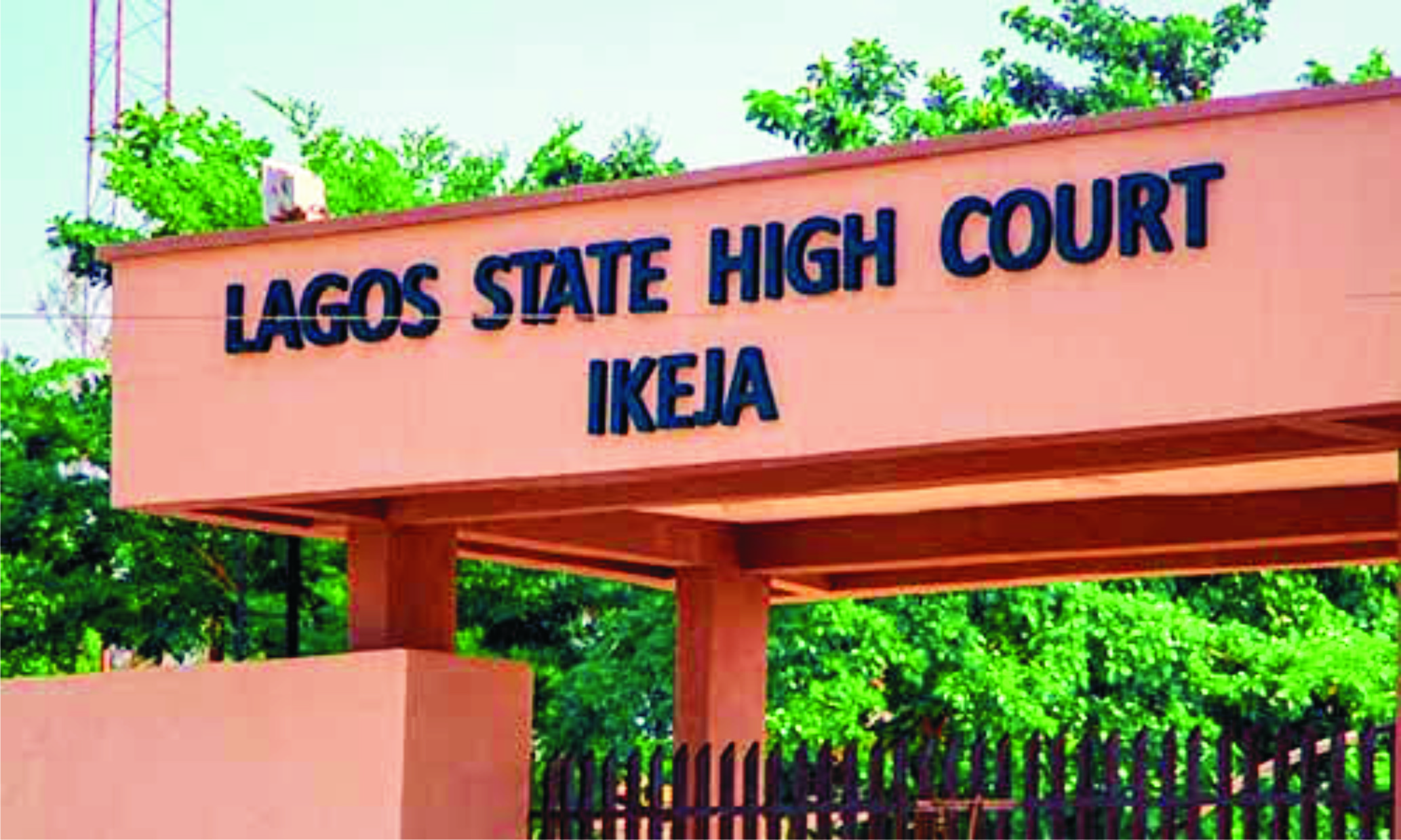Editorial
Lessons From Vandi’s Conviction

On October 9, 2023, Honourable Justice Ibironke Harrison handed out a verdict at the Lagos High Court that resulted in the death sentence of police officer, ASP Darambi Vandi. The officer, who fatally shot Lagos-based lawyer, Mrs. Bolanle Raheem on Christmas Day in 2022, was convicted for his actions. This ruling serves as evidence that justice can prevail in Nigeria, rekindling hope in a judicial system that many have lost faith in.
Family, professional colleagues, and friends of the deceased lawyer were not the sole individuals anxiously anticipating the verdict’s outcome. Also, well-intentioned Nigerians, whose Christmas spirit supposedly suffered due to the incident, had been eagerly awaiting the resolution of the legal clash between the judiciary and the law enforcement agents.
The imposition of the death penalty, while unable to bring solace to the deceased lawyer who was at the time of her demise, pregnant and held a respected position as a member of the Nigerian Bar Association (NBA), could serve as a means to ensure that the crime committed does not go unpunished. We acknowledge the prosecutor and the NBA for ensuring justice in the case. They should also make certain that non-members are treated equally, if found in similar circumstances.
The swift administration of justice in Bolanle Raheem’s case is commendable, especially considering her heightened vulnerability as a pregnant woman. The Lagos State Government, responsible for handling the case, stated that Vandi killed Raheem at Ajah Roundabout on Lekki Expressway. Regrettably, there have been instances where Nigerians have been unfairly killed by law enforcement agents without facing any consequences.
In a statement released shortly after the tragic incident in December, former President Muhammadu Buhari, described it as a stark reminder of the recurring threat posed by mishandled weapons. He emphasised the implication of this incident as a wake-up call for law enforcement agencies. Buhari called for comprehensive operational reforms beyond just improving weapons handling. He accentuated the need for the police to fully understand their fundamental duty of safeguarding the rights of citizens.
This is a timely cautionary statement from the former President. The police and other law enforcement agencies must address the perception that those who are armed on behalf of the state believe they have the authority to act beyond the boundaries of the law. Throughout the nation, numerous people are subjected to mistreatment and violence by the police, soldiers, and various security personnel who carry out their responsibilities without facing any consequences.
Various reasons have been put forth to elucidate the propensity for these individuals in uniform to resort to violence without proper concern for the rights of the citizens. These reasons encompass factors such as their working conditions, including insufficient compensation, substandard living conditions in their barracks, and a diminished sense of self-worth.
However, the recourse to lawlessness by officers, whose primary duty is to enforce the law, cannot be justified. Regardless of the level of provocation, those in uniform should refrain from engaging in vigilantism. Nevertheless, it is important to acknowledge that the majority of police personnel are diligent professionals who carry out their duties to the best of their capabilities.
The impediments that prevent the police from effectively fulfilling their constitutional duty to the public will persist until they are properly addressed. One necessary factor to consider is the thorough evaluation of potential recruits, which should include assessing their mental health to prevent the hiring of individuals with criminal backgrounds. This screening will guarantee that only qualified and mentally stable people are selected to serve in the force.
Furthermore, the lack of cogency in policing can be partially attributed to the overly centralised structure of the police force. Prompt measures must be taken to rectify this structural flaw. However, the primary concern should be the well-being of the police personnel. It is vital to allocate sufficient funds and improve the living conditions of officers and men of this noble force.
The nonchalant approach to investigating and punishing deviants has unfortunately led to a prevailing culture of impunity. The Inspector-General of Police must take the lead in re-educating his officers on the importance of respecting people’s rights and understanding the value of human life. This responsibility also extends to the leaders of other armed forces and security institutions.
The fundamental issue of safeguarding lives by law enforcement agencies is a matter of utmost importance in any civilised democracy. Regrettably, this aspect seems to be lacking in our country at present. It is disheartening to witness the disregard for the protection of citizens’ lives, which should be the primary duty of law enforcement agents. Secondly, what aggravates the situation is that these violations often go unpunished, with little or no serious consequences for those responsible.
The safety of all individuals is an essential concern within a civilised democracy. Unfortunately, it appears that our country is currently lacking in this particular aspect. It is, indeed, disheartening to observe the disregard for protecting the lives of citizens, which should be law enforcement’s top priority. The situation is worsened by the fact that these infractions frequently go unpunished, with little or no repercussions for those responsible.
In any society, crime is inevitably present, and deterring potential wrongdoers relies on the assurance of consequences and penalties. Unfortunately, the lack of substantial actions taken to hold these offenders accountable has contributed to the growing number of people engaging in criminal activities. We think that Vandi’s sentence for Raheem’s murder will be a strong message to other impulsive police officers, who should protect citizens rather than harm them.
Editorial
HYPREP And The Collapsed Water Tank

Editorial
Resurgence Of Illegal Structures In PH
Editorial
Certificate Forgery, Loss Of Public Trust

-

 Featured4 days ago
Featured4 days agoOil & Gas: Rivers Remains The Best Investment Destination – Fubara
-
Nation4 days ago
Hausa Community Lauds Council Boss Over Free Medical Outreach
-

 Nation4 days ago
Nation4 days agoOgoni Power Project: HYPREP Moves To Boost Capacity Of Personnel
-
Nation4 days ago
MOSIEND Calls For RSG, NDDC, Stakeholders’ Intervention In Obolo Nation
-
Nation4 days ago
Film Festival: Don, Others Urge Govt To Partner RIFF
-
Nation4 days ago
Association Hails Rivers LG Chairmen, Urges Expansion Of Dev Projects
-

 News4 days ago
News4 days agoNDLEA Arrests Two, Intercepts Illicit Drugs Packaged As Christmas Cookies
-

 News4 days ago
News4 days agoTroops Rescue 12 Abducted Teenage Girls In Borno

